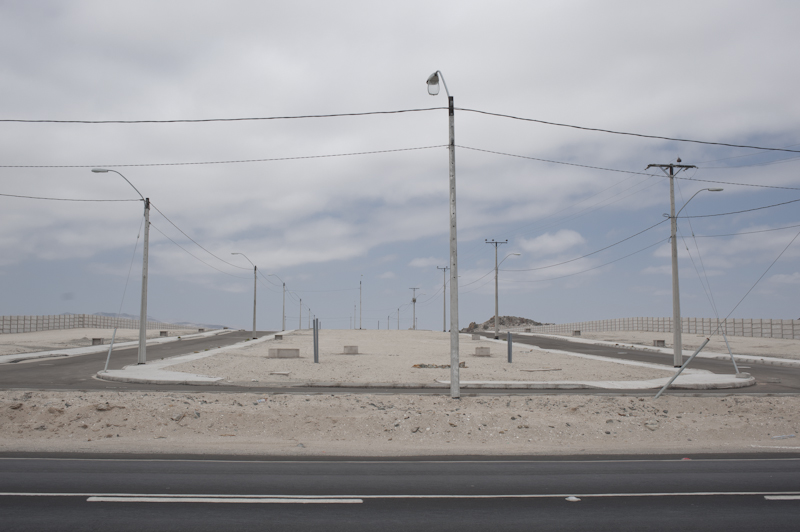Katya Demidova
Katya Demidova
Phantom Pain
Letterpress embossed soft cover
18,5 x 25 cm
36 pages
Published by SnowFox Works
2018
From the publisher:
Phantom Pain is a series of pictures by a Russian photographer Katya Demidova, exploring the symptoms of phantom pain as a result of a separation. The images capture the atmosphere of the emotional journey from sadness, grieving and the feeling of loss to the inner change, acceptance and ‘letting it go’.
A series of 16 photographs is accompanied by a poem-like short story by the artist. "In 2010 I went to Spain with my partner knowing that by the end of the trip we were going to separate. Our break-up was inevitable. I flew home alone. It was the first time when I experienced phantom pain."...
Born in Moscow, Katya Demidova moved to London to study Fine art at the University of the Arts London, continued her journey in photography with MA in Photojournalism at the University of Westminster. Katya's works focus on the exploration of social issues such as youth, aging and cultural identity. The artist currently lives and works in Mexico.
Grab a copy of the book here
Book review by Dana Stirling |
In her book, Katya Demidova shares her personal story of love, pain and loneliness. She is telling the story of her separation using photography to capture these last moments as a couple. It seems as if everything small, every banal thing is magnified by the emotional context of the situation.
Each photo is a time capsule of the story of two people who’s lives are intertwined and yet are now separating. There is something very moving about her images and the delicate moments she captures in them.
Katya, in very few images (16) and pages is able to tell us a personal story that is heartfelt and relateable. For me one of the most captivating images is the man swimming in the pool. In this emotional context of a book, the water has a very symbolic visual as water is something we associate with life, beginnings, circulation, purity and more yet in many cases water is something that can be chaotic and even fatal- drowning. This peaceful images combines these two notions of water - the beginning and the end of something.
Once I read Katya’s words of the feeling of Phantom Pain after her separation from her partner the book shifted and pinched my heart. There is something so painful in her words and in her poetic use of the symptom of Phantom Pain.
“Phantom pain is pain that feels like it's coming from a body part that's no longer there. Doctors once believed this post-amputation phenomenon was a psychological problem, but experts now recognize that these real sensations originate in the spinal cord and brain.
Most people who've had a limb removed report that it sometimes feels as if the amputated limb is still there. This painless phenomenon, known as phantom limb sensation, isn't the same as phantom pain.
For some people, phantom pain gets better over time without treatment. For others, managing phantom pain can be challenging. You and your doctor can work together to treat phantom pain effectively with medication or other therapies.” (Source: mayo clinic)
The use of this term really sets the mood for the entire project. Even if you haven’t been thought the exact type of situation that katya is portraying - this emptiness and void is something many of us can relate in various ways and this is why the book is successful.
“At times it would get better, some days the vacuum would swallow me again. These moments when against all odds you still wait for the call, the silence is so loud and all you can hear is your own heartbeat.”
The book feels more like a personal diary, as if Katya created a scrap book of her images, memories and text. It is written in a way that she is talking to someone else, explaining the situation and her feeling, but it’s almost not for us - but her internal self dialog. The text is a very important part of the book and it navigates us throughout this journey of pain along side Katya.
I found this book to be charming and sentimental. I liked the overall design ob the book and it’s simplicity. The embossed text of the cover - where the words and fading away is a perfect visual representation of the phantom pain symptom. I would have liked to see the images in a more contrast. vivid manner, less washed out by the matte paper but this is a small detail that many might not agree with.
I recommend you grabbing a copy of the book as it is only 18 euro! Grab a copy of the book here











